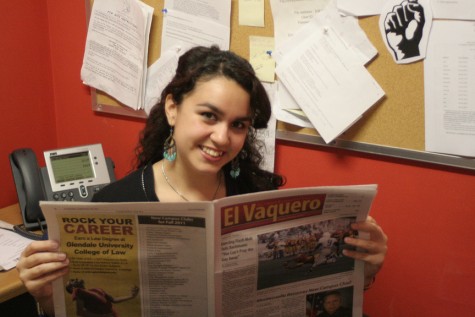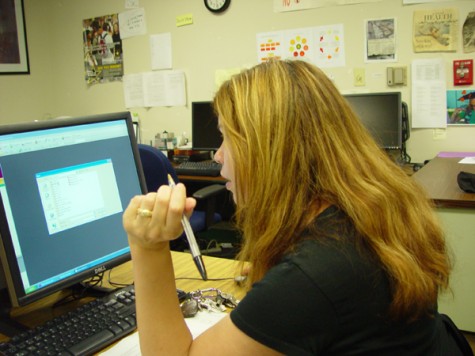It has been a little over a year since the Virginia Tech Massacre, in which gunman Seung-Hui Cho, 23, shot and killed 32 people in cold blood before committing suicide. Since then, more than 30,000 students, teachers and parents have joined together to create Students for Concealed Carry on Campus.
“Students for Concealed Carry on Campus is a national, non-partisan, grassroots organization,” says the coalition’s Web site, “.who support the right of concealed handgun license holders to carry concealed handguns on college campuses.”
That’s right – guns allowed on college campuses. Are we in the Twilight Zone?
For years, law enforcement and the education system have programmed us to react a certain way toward weapons in school, the golden rule being: if you see someone carrying a gun, report it right away. Why? Guns don’t belong on campus.
The gun laws in California are fairly strict, only allowing certain people to obtain concealed carry permits, such as law enforcement, money couriers and other selected individuals. Here on campus, weapons of any sort are prohibited, and failure to comply will result in arrest and prosecution.
However, last year, the state of Utah enacted a bill, allowing licensed students to carry concealed weapons onto public college campuses. The bill also prohibits public colleges and universities from placing a ban on bringing weapons to school.
Hypothetically speaking, what if California became like Utah? What if GCC, by law, permitted concealed weapons on campus? Would YOU feel safer?
“I wouldn’t feel safer if students were allowed to carry weapons to school,” said Lourdes Flores, 23, an administration of justice major. “Too many students would take advantage of that and would bring guns on campus.”
If the campus allowed concealed weapons , how would we know who has a permit and who doesn’t?
We wouldn’t know, because running around for an hourly census would be a ridiculous waste of time. The weapons would be concealed, leaving us in complete oblivion or paranoia, which ever of the two extremes you prefer, about who has a gun.
Does that quiet girl who sits behind you in math class have a gun? Or is it that guy you used to make fun of last semester? Think he might snap?
“People wouldn’t just bring guns for protection,” said Michelle Phan, 19, a nursing major. “People would start bringing weapons for reasons other than safety, thinking they can solve conflicts between other students and themselves.”
“I’m opposed to concealed carry on campus,” said Sean Carlos, 18, a psychology/sociology major, “I don’t think the mass majority of the population, especially college students, can handle the responsibility of carrying a concealed weapon on campus.”
“I wouldn’t support that kind of legislature,” said police Chief Steven Wagg, “It’s not just carrying a gun – it’s carrying a lot of responsibility. Guns require hundreds of hours of training, and without training one becomes a liability, not an asset.”
Wagg said, “If there was no choice but to allow conceal carry on campus, I would offer training to students who would be interested in carrying guns. The training would also inform students not to get involved with police action, how to be the best witness they can be, and to let the school police do their jobs.”
So how do we protect ourselves from another Cho, if we can’t carry guns on campus?
The solution is awareness and prevention. Sounds simple, and it is, but like everything else, it requires work and dedication from both school and students.
Teaching awareness and prevention would include: informing students and teachers on what behaviors are suspicious and unusual, counseling disturbed students, installing metal detectors, scheduling emergency drills, and installing an emergency system, which we already have.
Guns on campus are not the answer to solving school violence. We, as students, should leave the law enforcement to the police.


